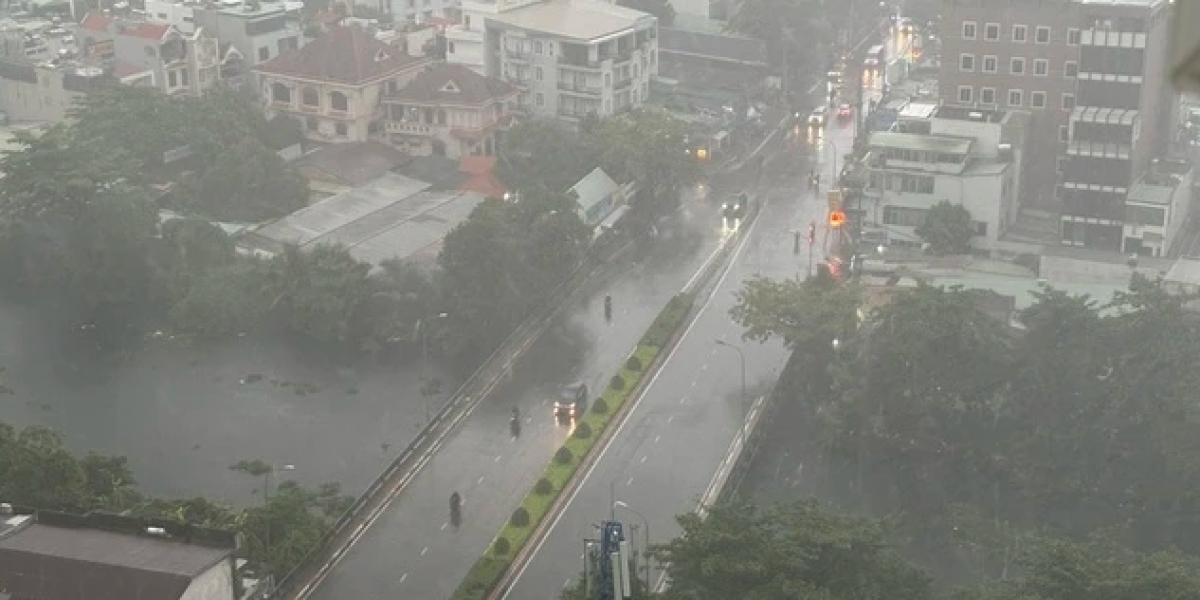A gas safety certificate (also called a CP12, Landlord Certificate) is legal document that proves that the installation, appliances and pipework inside a house comply with specific safety standards. This is a vital requirement for landlords. It can help prevent dangerous gas leaks, make sure there is adequate ventilation and more.
What is an Gas Safety Certificate (GSC)?
A gas safety certificate is proof that all the gas appliances and pipes within a property have been checked by a certified professional. It is essential for those who rent out their home, apartment cottage, lake house or studio, and uses gas appliances. The certificate also indicates that the appliances and installation are in compliance with current health and safety laws. Gas safety certificates are required by law. Without one, residents of a house could be fined or even jailed if there's a problem with the appliance.
The document will usually include details about the engineer who carried out the inspection, including their name, as well as registration numbers. It also includes the date of the check and any findings that were noted. A signature on the document can help confirm its authenticity and also provides accountability for the inspection process.
The certificate will also include details on all the appliances that were inspected in the property. Gas appliances are usually classified as Non-Compliant, Instantly Dangerous or At Risk. Before a new certificate can be issued, any appliances that pose a danger to the safety and health of the occupants must be removed.
Landlords are required by law to have their gas appliances and installations examined regularly. Inspections are conducted to detect potential dangers, and they can help prevent accidents that result from poorly installed or malfunctioning gas appliances. Landlords are also responsible for making sure that their tenants have access to the gas safety certificate for their home.
If a landlord attempts to sell their home with an expired gas safety certificate, they could be breaking the law and may face hefty fines or even prison time. It is therefore essential to keep a gas safety certificate up-to date at all times.
When a landlord is preparing to sell their property, having an official gas safety certificate can increase the likelihood of a quick sale by putting potential buyers' minds at rest regarding the condition of the appliances and their installation. It can also be used as an argument for selling the property for sale.
Who needs a Gas Safety Certificate?
Landlords are required by law to provide an energy safety certificate to any tenant who moves into their property. This document is proof that the landlord has made arrangements for all chimneys and Www.Mkgassafety.Co.Uk appliances to be maintained by a qualified engineer. It's also an essential aspect of ensuring the safety of any gas appliances in the property.
If the landlord fails to fulfill their obligations and arranges an inspection, they are at risk of being slapped with a substantial fine. Landlords may be held responsible for any accidents or deaths that could occur due to not having a valid certificate.
Homeowners do not require a CP12 gas safety certificate, but it is recommended they get their appliances and pipework checked regularly by a qualified engineer to ensure everything is in working order and safe. This is particularly important if they are planning on selling their home, since buyers will often ask to see the gas safety record prior to making a purchase.
In general, the header should contain information about the engineer who performed the inspection. This should include their name as well as their registration number and the date of the inspection. The report's body will describe the inspection findings including whether appliances or pipework was found to be unsafe or required repairs. If any issues were discovered the engineer will typically request permission to disconnect gas lines and recommend any necessary repairs.
Landlords are also required to give tenants a CP12 copy as soon as they can following the conclusion of the inspection. For tenants with existing leases the deadline is 28 days after the inspection. It's recommended to give new tenants a copy before they move in to ensure that they are aware of any issues that may affect their security. Landlords are encouraged to keep a copy their older CP12 certificates of gas safety as they can use it to prove that they have met the requirements in the past. If you are a homeowner or landlord and wish to schedule an inspection of your gas supply you can do it quickly and easily through our user-friendly website here at Mashroom.
Getting an Gas Safety Certificate
If you are a landlord and you don't have a gas safety certificate, it is best to immediately apply for one. This is a legal requirement and it ensures that your tenants are secure in your home. The process is simple and if you select an organization that is specialized in this type of inspection, they'll assist you throughout the process. Landlords can also face huge fines and even jail time if they do not follow the laws, so it's safer to be cautious rather than sorry.
 It is the landlord's duty to schedule an annual gas safety inspection for their appliances. The landlord must also give their tenants a copy of the report prior to when they move into the property. This will give them peace-of-mind that the appliances are safe in their new home and is a way to show that they have complied with their obligations.
It is the landlord's duty to schedule an annual gas safety inspection for their appliances. The landlord must also give their tenants a copy of the report prior to when they move into the property. This will give them peace-of-mind that the appliances are safe in their new home and is a way to show that they have complied with their obligations.During a safety check the engineer will examine all of the gas appliances and pipework within the property to ensure that they are safe. They will look for things like carbon monoxide that is created when appliances aren't functioning properly and can be fatal if it is inhaled in large quantities. The engineer will also make sure that the flues are free of obstructions and there aren't any gas leaks in the property.
The landlords who are planning to sell a property might discover that potential buyers are likely to request proof that the property has been gas safety checked. This can be a big selling point for the property and could help speed up the sale process.
If a landlord doesn't have a valid certificate of gas safety, they should obtain one prior to putting the property on the marketplace. This will reassure the buyer that the property is safe, and can increase interest. The sale could be canceled when the seller is not able to prove an authentic certificate of gas safety.
Keeping a Gas Safety Certificate
Gas is used as an energy source in a vast majority of homes and businesses. Therefore, there are strict rules in place to ensure that the gas systems that are used in these buildings are safe and will not cause any harm. This is done through regular checks and inspections by Gas Safe registered engineers. The landlord is responsible for scheduling and recording the results of these tests. These results are available to tenants to inform them that their landlord is taking their safety seriously.
Landlords are also reminded that a Gas Safe certification is only valid for 12 months. As such, they should make sure to book an appointment for a new test and certification prior to this date. This will avoid any penalties for missing appointments. It is also recommended to schedule the inspection with the same engineer each time, as this will help save time and money.
It is crucial that the landlord is prepared before the inspection. It is important that the landlord prepares for the inspection by clearing the rooms to allow the inspector access to the entire property. It is also helpful to clear out any items that ignite or clothing near the gas appliances. This reduces the chance of a fire and prevent accidental ignition of these items.
The gas engineer will carry out an extensive inspection of all gas appliances and installations inside the property. This will include ensuring that the appliance is operating properly, and that the pipework is safe, and that it is able to flow freely through the property, without any obstructions. They will also ensure that any carbon monoxide, a biproduct of gas burning is emitted to the outside atmosphere instead of being trapped within the property.
The engineer will then issue an Gas Safety Certificate to the landlord. The report will include the results of the gas appliance inspection and whether any appliances are deemed not in compliance with current Standards or immediately dangerous or at risk. The landlord should keep an audit log and provide it to current tenants within 28 days. They should also provide a copy to any new tenants at the start of their tenure.







